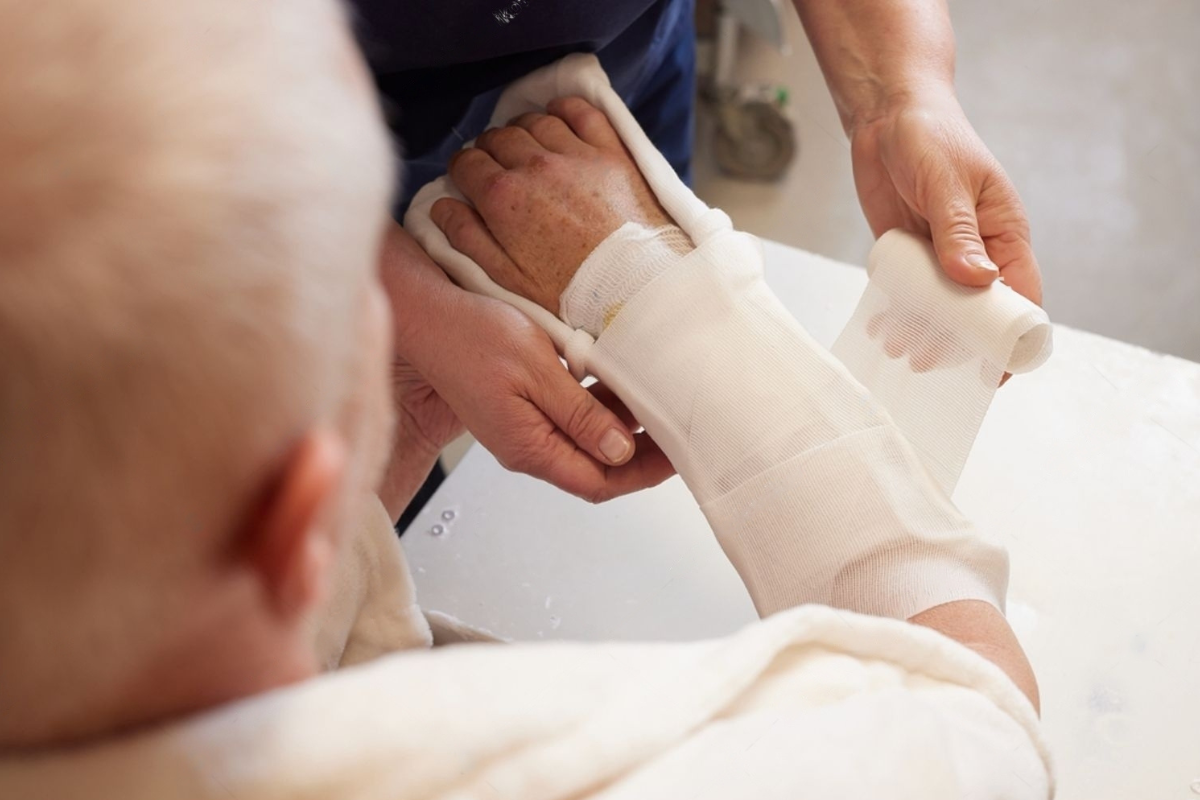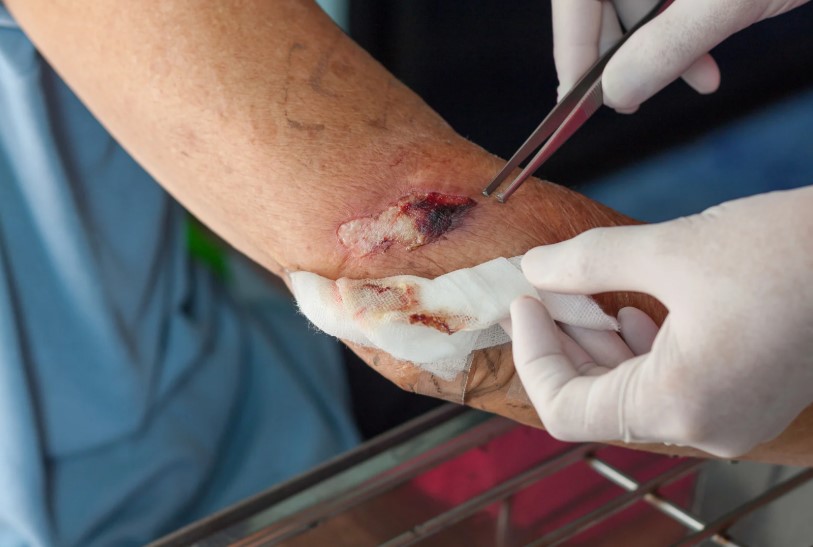Knee arthroscopy has revolutionized the treatment of various knee conditions, offering patients a minimally invasive option to diagnose and address issues like torn meniscus, ligament injuries, and damaged cartilage. However, understanding both the benefits and risks associated with this procedure is crucial before making an informed decision.
What is Knee Arthroscopy?
Knee arthroscopy is a surgical technique that involves inserting a small camera, known as an arthroscope, into the knee joint through a small incision. This allows orthopedic surgeons to visualize the inside of the knee and perform necessary repairs or treatments with precision. The primary goals include diagnosing and treating a range of knee problems effectively.
Benefits of Knee Arthroscopy:
- Precision Diagnosis: One of the significant advantages of knee arthroscopy is its ability to provide orthopedic surgeons with a clear view of the internal structures of the knee joint. This precision aids in accurate diagnosis of conditions such as torn meniscus, ligament tears, and cartilage damage.
- Minimally Invasive Procedure: Compared to traditional open surgery, knee arthroscopy involves smaller incisions, resulting in less tissue damage, reduced pain, and faster recovery times for patients.
- Targeted Treatment: The minimally invasive nature of knee arthroscopy allows surgeons to perform targeted treatments directly at the site of injury. This can include repairing torn tissues, removing loose fragments, or smoothing damaged cartilage surfaces.
Risks Associated with Knee Arthroscopy:
- Infection Risks: While knee arthroscopy is considered a low-risk procedure, there is still a small risk of infection associated with any surgical intervention. Orthopedic surgeons take precautions to minimize this risk through sterile techniques and antibiotic administration.
- Blood Clotting: Postoperative blood clots, although rare, can occur after knee arthroscopy. Patients are typically advised to mobilize early and follow prescribed medications or compression stockings to reduce this risk.
- Recovery Challenges: Some patients may experience stiffness, swelling, or discomfort following knee arthroscopy. Rehabilitation and physical therapy are essential components of recovery to restore knee function and strength fully.
Candidate Evaluation: Who Should Consider Knee Arthroscopy?
The decision to undergo knee arthroscopy depends on several factors, including the severity of the knee condition, the patient’s overall health, and their activity level. Orthopedic specialists evaluate each case individually to determine if arthroscopic surgery is the most suitable treatment option.
Preparing for Knee Arthroscopy:
Patients preparing for knee arthroscopy should follow pre-operative instructions provided by their healthcare team. This may include fasting before surgery, adjusting medications, and preparing the home environment for post-operative recovery.
Recovery Process:
Recovery from knee arthroscopy varies depending on the complexity of the procedure and individual healing rates. Patients are typically encouraged to start physical therapy early to regain strength, flexibility, and range of motion in the knee joint. Full recovery can take several weeks to months, during which gradual improvement in knee function is expected.
Alternatives to Knee Arthroscopy:
For certain knee conditions, non-surgical treatments such as physical therapy, medications, corticosteroid injections, or other surgical procedures may be considered as alternatives to knee arthroscopy. Orthopedic specialists will recommend the most appropriate treatment plan based on the specific diagnosis and patient’s preferences.
Takeaway
Knee arthroscopy offers significant benefits for diagnosing and treating various knee conditions with minimal invasiveness and faster recovery times compared to traditional open surgery. However, it’s essential for patients to weigh these benefits against the potential risks and consider alternative treatment options if appropriate. Consultation with a qualified orthopedic specialist, like those at Tec Orthopedics, is crucial to make an informed decision about managing knee health effectively.






